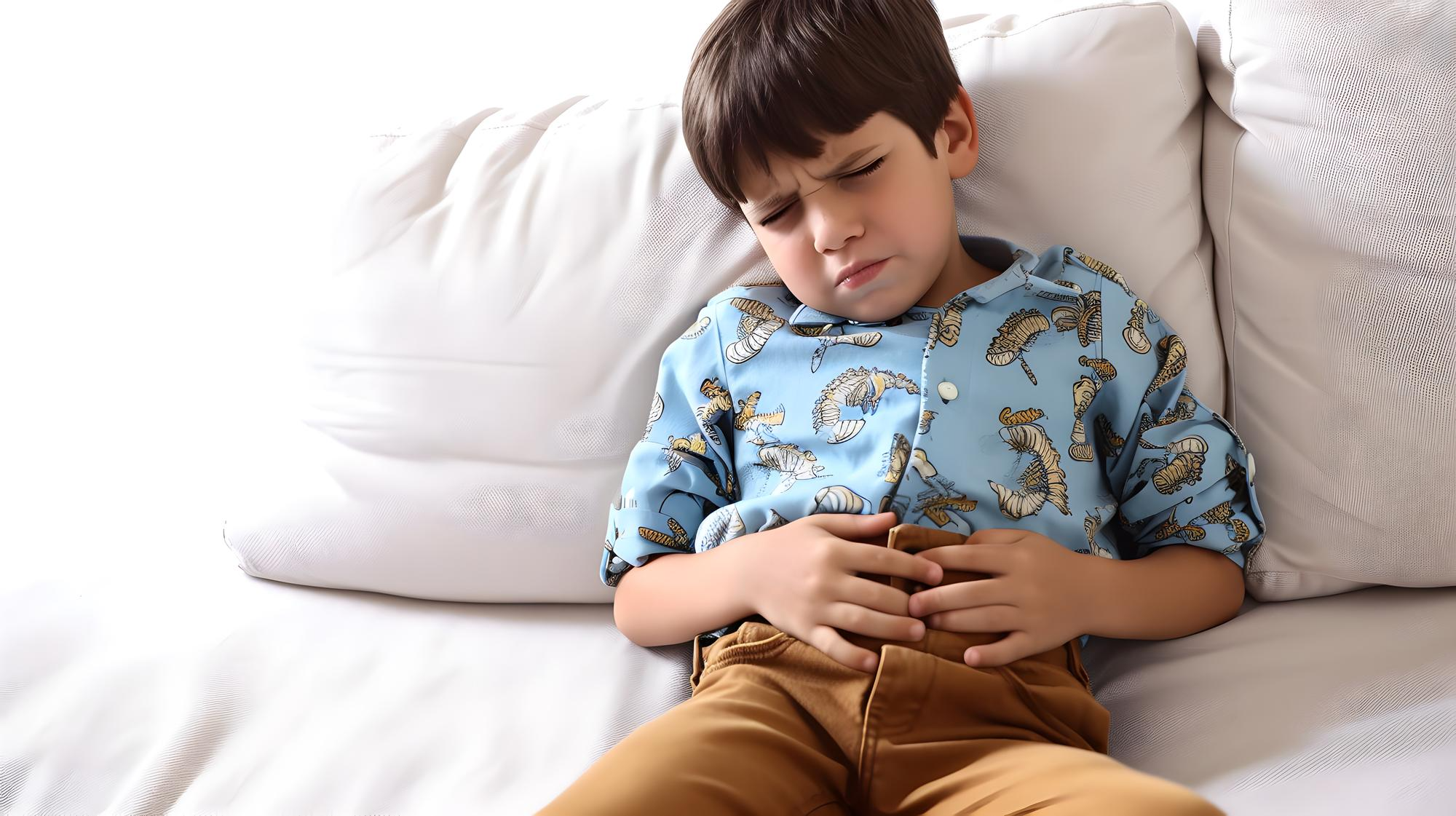Introduction to Deworming in Children
Deworming in children is an essential health practice aimed at eliminating infections caused by worms. This simple method helps maintain children’s health, allowing them to grow strong and healthy. Recent studies show that many children are affected by worm infections worldwide. Such infections can lead to serious health problems if ignored. This guide aims to help parents understand why deworming in children is crucial, providing clear and practical insights. By sharing this information, parents can protect their children effectively.
Understanding Worm Infections in Children
Worms are tiny parasites living inside the child’s body, often causing illnesses. Common types affecting children include roundworms, pinworms, and tapeworms. These worms spread easily, especially in areas with improper sanitation. Children can get infected by touching contaminated soil, consuming unclean food, or unsafe water. Younger ones, due to their developing hygiene habits, are more susceptible. Kids who play outside or live in crowded environments are at greater risk too. Knowing how these worms operate can help parents take steps to reduce risks effectively.
Recognizing the Signs and Symptoms
Children affected by worms may show different signs. A common symptom is an itchy bottom at night, which indicates pinworms. Other signs include stomach ache, tiredness, and loss of appetite. Parents might also notice unexplained weight loss or frequent sicknesses as secondary signs. If you observe any of these symptoms in your child, it’s wise to consult a healthcare professional. Experts can provide the right treatment and advice to ensure your child’s quick recovery and lasting health.
Benefits of Regular Deworming Treatments
Ignoring worm infections can harm children’s health. Untreated infections may lead to nutritional deficiencies, stunted growth, and susceptibility to other diseases. By regularly deworming in children, parents can prevent these negative consequences. Regular treatment boosts children’s overall health by supporting proper nutrient absorption and encouraging healthy physical development. Long-term benefits of consistent deworming in children include fewer school absences, better concentration, and enhanced quality of life. It’s a simple step with multiple health advantages.
Age-Specific Deworming Protocols
Treating worm infections depends on the child’s age. For infants and toddlers, healthcare providers recommend age-safe treatments and specific dosages. Older children might need different medications and frequency. Families should also consider regional guidelines, as some areas may have unique protocols due to local worm types. Understanding these differences ensures that deworming in children is both safe and effective.
Effectiveness of Deworming Medications
Common deworming in children treatments include medications like albendazole and mebendazole. These drugs work by paralyzing or killing the worms, helping the body naturally flush them out. Parents often notice the medication working within a few days. Most recommended drugs are safe, with minor side effects like dizziness or nausea being rare. Before administering any medication, consultation with a healthcare professional is crucial to ensure the child’s safety and well-being.
Guidance for Administering Medication
Giving medicine to young children can be tricky. Here’s how you can make it easier: – Follow your healthcare provider’s instructions on timing and dosage. – Encourage children to swallow the medicine with water or a favorite drink to ease swallowing. – After the treatment, observe your child for any changes and ensure they have access to plenty of fluids. – If any side effects occur or you have concerns, reach out to a healthcare professional. Proper administration of treatment ensures successful deworming in children.
Preventive Measures to Minimize Risk
Effective deworming in children also involves taking preventive steps: – Teach children handwashing, especially before meals and after playing outside. – Ensure food is well-cooked and washed, and drinking water is clean. – Keep living areas tidy to prevent worm eggs lingering in dust and dirt. Adopting these habits helps to maintain a worm-free environment and ensure your child’s continuous health.
Indicators for Medical Assessment and Intervention
If deworming in children at home doesn’t seem effective, or if a child’s symptoms worsen, professional help is necessary. Warning signs like severe weight loss, persistent tummy pains, or unusually pale skin need immediate attention. In such cases, routine medicine may not be enough. Health experts can provide targeted treatment and further advice for managing severe infections.
Common Misconceptions and Clarifications
Parents sometimes worry about the safety of deworming in children. The truth is, the medications used are generally safe, with minimal side effects. Another common myth is that every family member requires treatment simultaneously. Not everyone gets infected; your doctor can guide you on what’s necessary. Also, while some believe kids will inevitably get infected again after treatment, preventive habits minimize this risk. Regular check-ups and staying informed can help prevent recurrence and extend the benefits of deworming in children.
Conclusion: Towards a Comprehensive Health Routine
This guide emphasizes the importance of deworming in children. By incorporating deworming treatments into regular health routines, parents can protect their children’s well-being. Understanding signs, following age-specific instructions, and consulting professionals ensure successful outcomes. We also discussed preventive measures and debunked common myths. Parents are encouraged to incorporate these insights into a broader preventive strategy, combining hygiene education and professional guidance to support ongoing child health and development. A proactive approach leads to lasting benefits and enhances your child’s quality of life.

